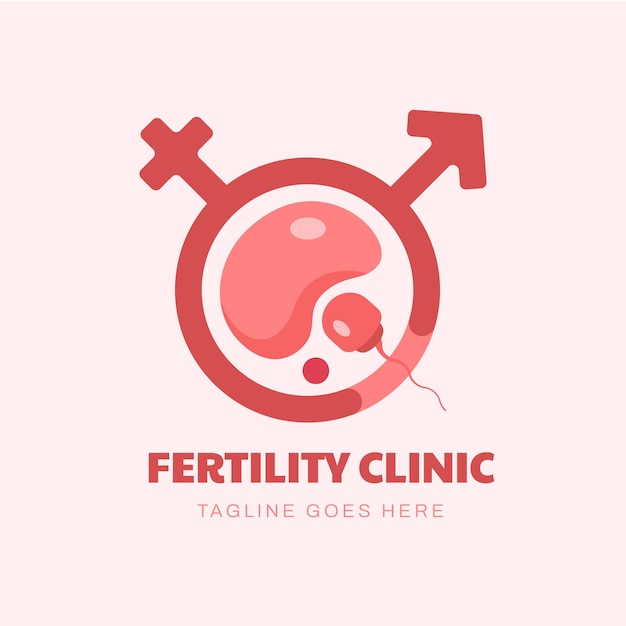
Starting a family can be a joyful yet sometimes anxious journey for many. But don’t worry if it doesn’t happen right away, it’s perfectly okay to take a bit longer. Meanwhile, here are some straightforward lifestyle tweaks that can help boost your fertility and pave your way to a healthy pregnancy.
Eat Well
If you’re aiming for a baby, your health matters. Having a nutritious diet full of iron, protein, and vitamins boosts your energy, keeps you in a good mood and helps increase the odds of natural conception. Not having enough iron or vitamins might cause health issues like anaemia, which could interfere with ovulation and reduce fertility. So, try eating lean meat, oily fish, and nutritious, slow-release carbs to avoid such issues.
Handle Stress
When you’re eagerly waiting to get pregnant, stress is inevitable. But it’s essential to note that managing stress is key to improving your chances of conceiving. Stress could mess with your ovulation cycle and hormone balance, often leading to difficulties getting pregnant. It may also impact your relationship and your desire for intimacy. Combat stress by meditating, exercising mildly, or just relaxing with your partner.
Maintain a Balanced Weight
Being over or underweight could also pose a challenge to childbirth. Extra weight can lead to conditions like PCOS, a common cause of infertility, while too little weight can affect the hormones that regulate ovulation. Therefore, keeping your weight in the healthy range is key to optimizing your fertility. And it’s not just women. Overweight men may experience lower sperm counts due to decreased testosterone levels. Consult with your doctor if you’re struggling to achieve a healthy weight.
Track Your Cycle
Knowing your body, especially your menstrual cycle, is crucial when you’re trying to conceive. Most women are the most fertile around halfway through their cycle (about 14 days after their period starts). Using an ovulation calculator can help determine your fertile window, improving your chances of conception.
Take Vitamins
Consider starting on prenatal vitamins even before you get pregnant. They can boost your iron levels and provide folic acid, crucial for your baby’s development and protecting against birth defects. Plus, they also raise your vitamin B and D levels, both shown to enhance fertility.
Quit Smoking and Limit Alcohol
While we know that smoking during pregnancy poses risks to baby’s health, it also affects the chances of getting pregnant. Women who smoke generally have higher infertility rates. It’s also associated with early pregnancy problems, like miscarriages. So, to optimize your chances for a healthy pregnancy, quit smoking in advance. The same goes for alcohol. While moderate drinking does not generally affect fertility, it’s safer to avoid it when trying to conceive.
Ask for Help
If you’ve been trying for a year without success, it might be time to consult a healthcare professional. Remember, it’s not unusual for it to take longer for some couples. But to ease your worries, a chat with your doctor could be beneficial.
We hope these tips help you on your journey to parenthood. Do you have any personal experiences or tips you’d like to share? Let us know in the comments!
Written by Amalia Liberman, a mother of two, novelist, and writer, featuring in Women’s Health magazine and numerous lifestyle articles. She’s passionate about sharing information and makes it her mission to help others.


